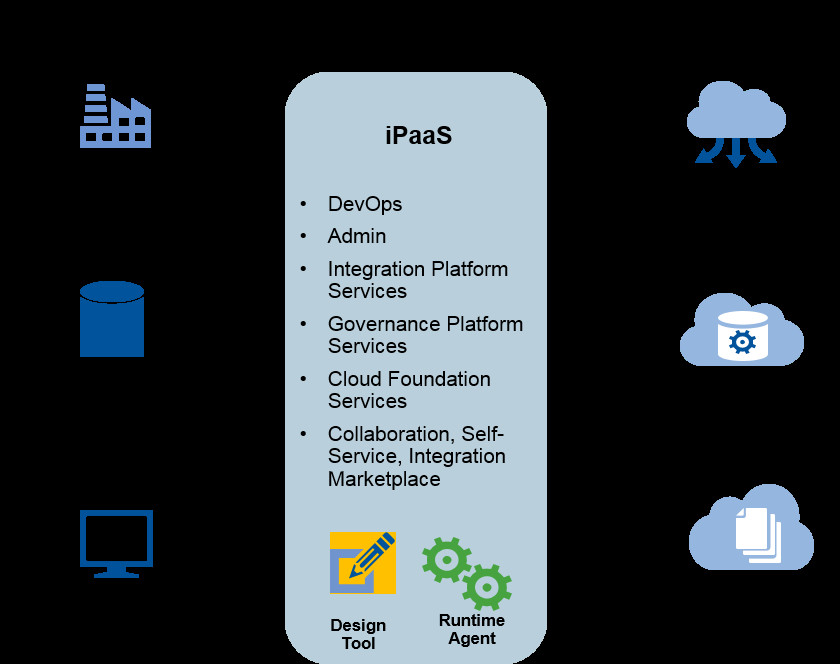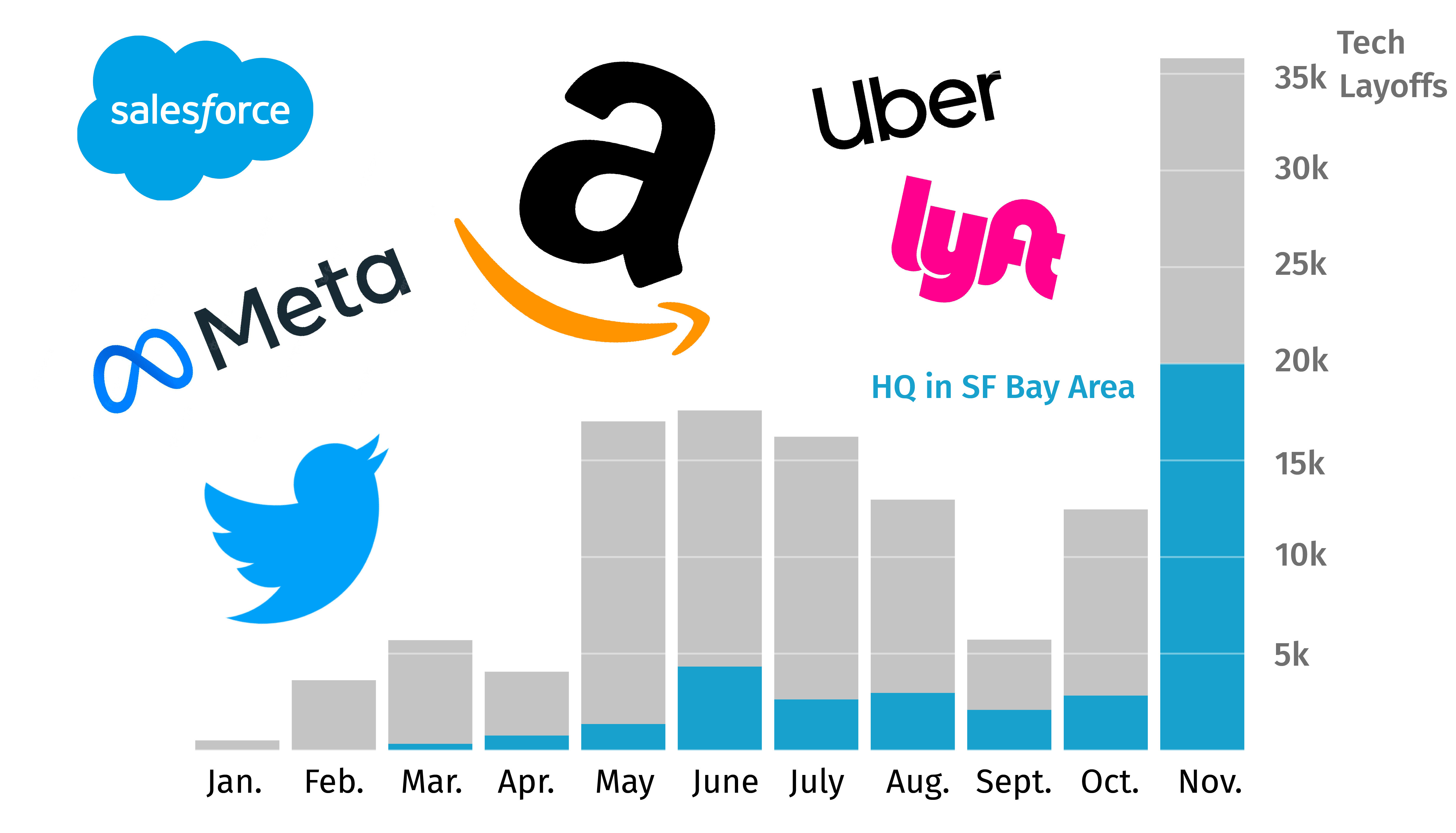The Urgent Need for Upskilling in a Rapidly Evolving World
As the world grapples with the rapid advancement of AI, a pressing question arises: how can companies prepare their workforce for the future? The answer lies in embracing a culture of continuous upskilling and reskilling, equipping employees with the skills necessary to navigate the changing landscape of work.
In a recent report by Gartner, the number of skills needed for a single job is increasing by 10 percent year-over-year, with more than 30 percent of the skills required three years ago becoming obsolete. This rapid evolution demands a proactive approach to workforce development, ensuring that individuals possess the skills required to remain competitive and relevant.
Building a Skills-Based Infrastructure: The Role of AI
The skills-based approach is gaining prominence, shifting the focus from traditional academic credentials to practical and demonstrable abilities. This paradigm shift is fueled by the transformative impact of AI, which is fundamentally altering the nature of work.
AI enables employees to work more effectively on tasks requiring more conceptual thinking. While AI automates mundane tasks, it also creates new roles and opportunities that require specialized skills. The companies that embrace this change will be best positioned to thrive in the future.
The Future of Skills: Beyond the Traditional
According to Korn Ferry, by 2030, there will be a talent shortage of over 85 million people. This highlights the urgency for organizations to prioritize upskilling and reskilling initiatives. While technical skills are crucial, the importance of soft skills, such as communication, collaboration, and leadership, cannot be overstated.
EY's Visionary Approach to Upskilling
EY, a global leader in professional services, has implemented a comprehensive strategy for upskilling its workforce. Their efforts are driven by the realization that the future of work hinges on an adaptable and skilled workforce. EY’s approach is a testament to the transformative power of embracing a culture of continuous learning and development.
EY's Learning Ecosystem: A Holistic Approach
EY's learning ecosystem comprises a diverse range of programs and initiatives designed to meet the evolving needs of its workforce. These programs, built around problem-solving mindsets, are tailored to specific skill sets and career goals.
Investing in the Future: EY’s AI Academy
Recognizing the transformative potential of AI, EY has established an AI Academy. This program aims to equip its employees with the knowledge and skills necessary to leverage AI effectively. The Academy offers a comprehensive learning experience that caters to various skill levels, from beginners to advanced practitioners.
The Importance of a Culture of Learning
Creating a culture of continuous learning is paramount for any organization seeking to adapt and thrive in the face of rapid technological advancements. EY's commitment to learning exemplifies this, demonstrating the importance of fostering an environment that encourages growth, innovation, and a proactive approach to skills development.
Navigating the Skills Gap: A Collective Responsibility
The skills gap is a global challenge that requires a collaborative approach. Governments, educational institutions, and businesses must work together to ensure that individuals have access to the training and opportunities they need to succeed in the 21st century.
The Path Forward: Continuous Learning and Innovation
As the workforce evolves, the need for continuous learning becomes increasingly critical. Organizations that prioritize upskilling and reskilling will be best positioned to adapt to the changing landscape of work and to unlock the full potential of their workforce.
The Impact of a Skills-Based Approach: From Talent to Performance
Organizations that successfully adopt a skills-based approach to talent management will not only be able to attract and retain top talent, but they will also be able to create a culture of innovation and growth, driving improved business performance.
Final Thoughts: The Future is Skills-Based
The future of work is undeniably skills-based. Organizations that invest in the development and growth of their workforce will be the ones who reap the benefits of a more engaged, productive, and innovative workforce. By embracing the power of AI and fostering a culture of continuous learning, companies can navigate the evolving skills landscape and unlock the full potential of their employees.
Embrace the Skills Revolution
The skills revolution is upon us. Companies that embrace this shift will be the ones who lead the way in the future of work.

















